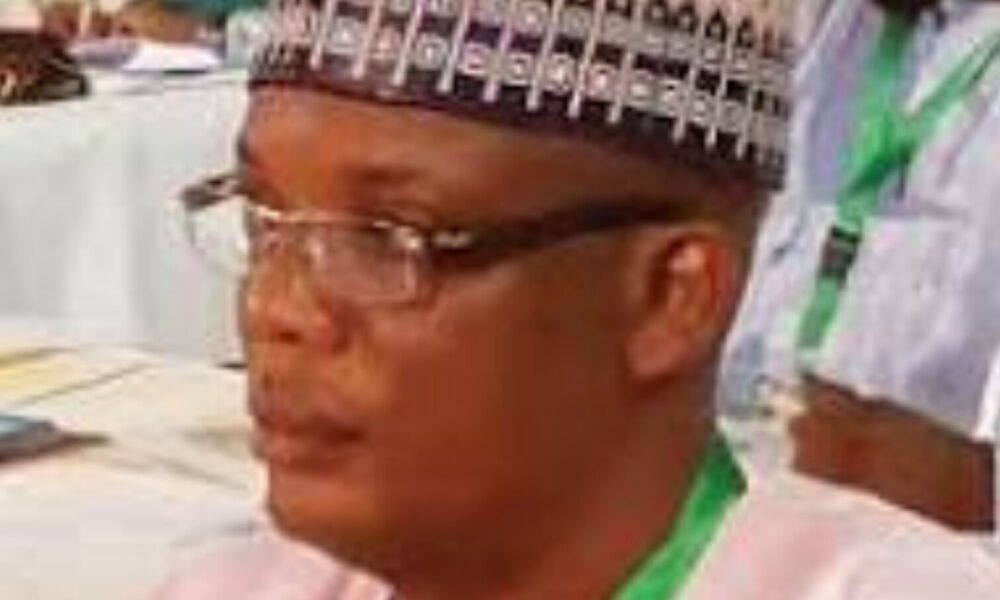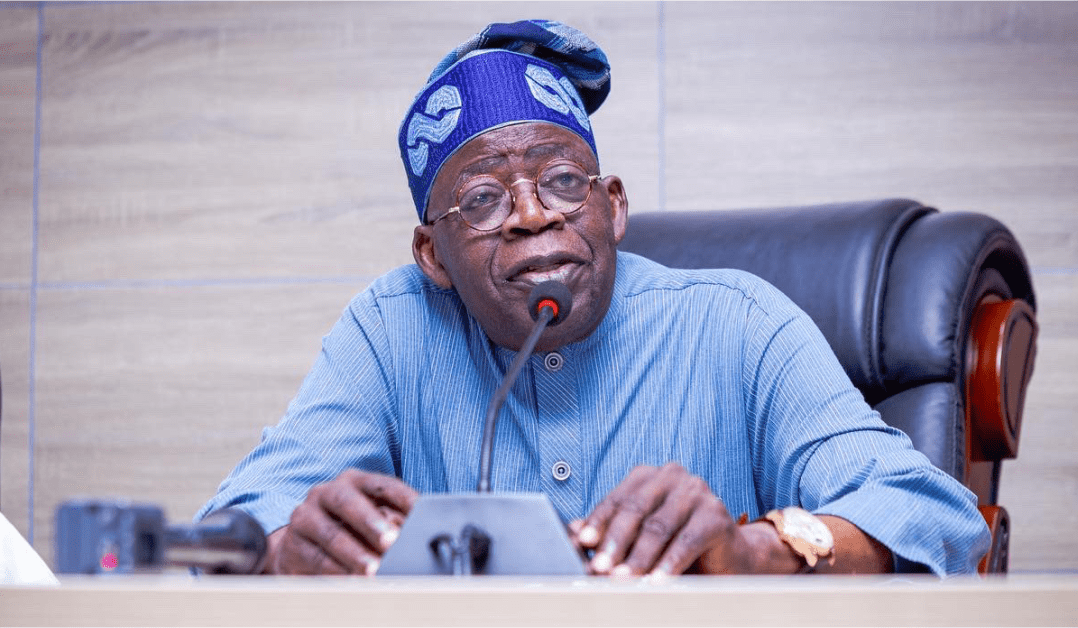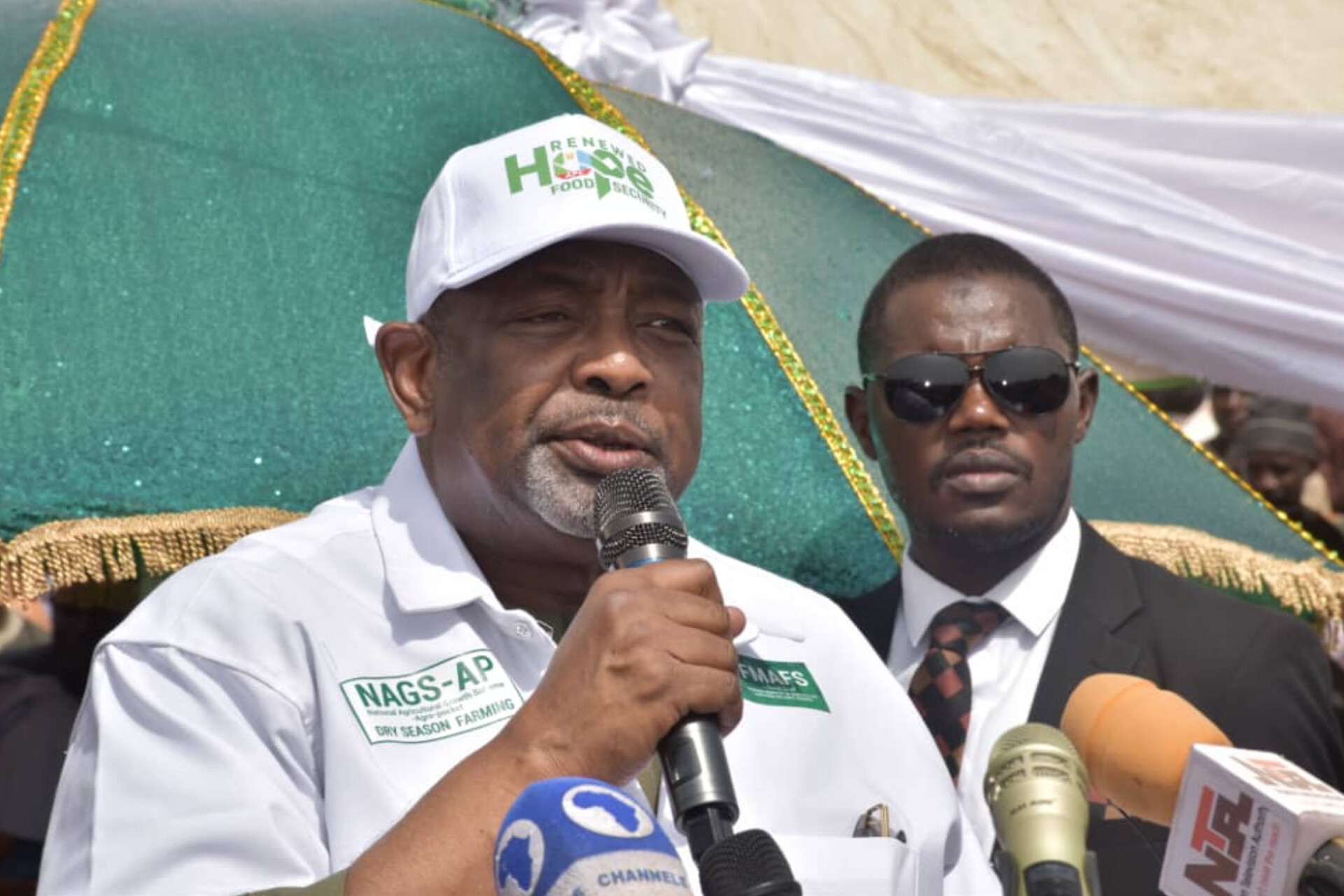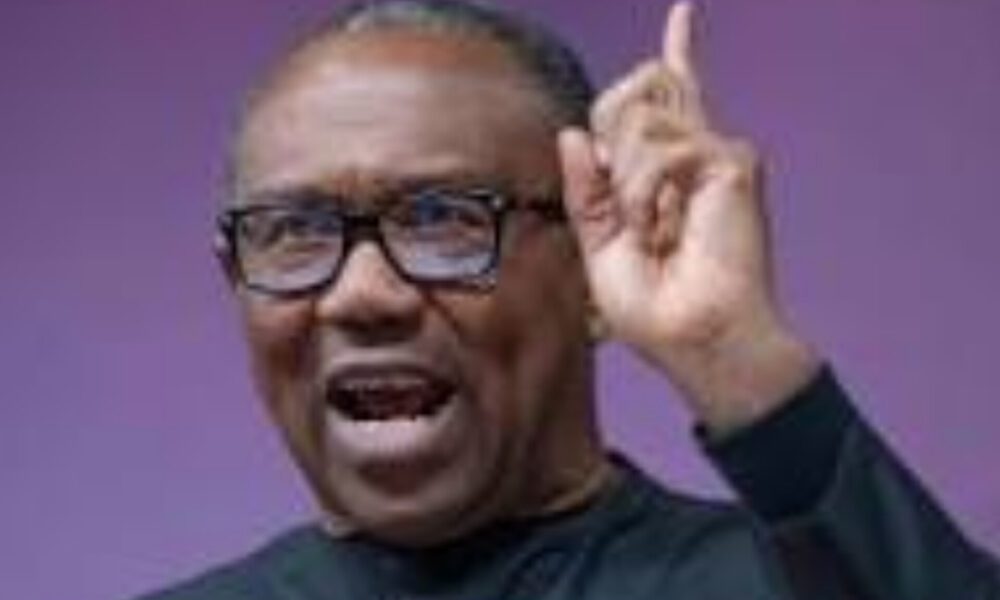A Former Acting Governor and Speaker in Kogi State, Rt Hon Abdullahi Bello has asked the Nigerian youths to direct the EndBadGovernance protest to their state Governors who have looted the States dry.
In a statement he personally issued, Hon Bello said the protest against Governors is the only meaningful protest that can have the desired impact.
“Protests should hold in the various State capitals against the looting activities of the Governors.”
“Has any Governor complained that he was denied his State’s monthly allocations by the Federal Authorities as at when due in the last 10yrs or since President Asiwaju assumed office a year ago? And including the LGAs allocations?
“What are your Governors doing with such allocations over time? Especially now that, the allocation to states under President Asiwaju has significantly increased?
“How many roads and other infrastructures like mass housing, healthcare and educational resources have been procured on behalf of the citizens by these Governors? How many public buses purchased by your Governor to ease public transportation?
“Take a look at your village primary schools, did any of them got renovated in the past 10yrs?

“If the answer is NO, then who is responsible between your Governor and the Federal Government? What about the teacher’s and other public workers welfare and salaries?
“And they being paid 100%, and as at when due in the past 10yrs in your State? Is the Fed Govt responsible for this also? Did you gather at the State capital to protest against these public misconduct in the past 10yrs?
“When it is the stipulated time for election especially the one that is the responsibility of the Federal Government, and conducted by INEC, did the Fed Govt ever failed to conduct such election since 1999?
“What about your LG elections? How did you challenge your Governor in this regard over their failures to conduct proper LG elections in your State in the last 10yrs?
He said though he is not against the idea of holding Government to account, but there is a missing link in making it look as if all is well at the State and Local Government level, and that the Federal Government is the only problem.
“I can’t deny the fact that, there is much hardship across the nooks and crannies in our dear country, and definitely what has happened in the last few days is a wakeup call on official actors from the President to Governors, LG chairmen and even Councilors, that our approaches to governance must change for good. “And that governance is about wellbeing and welfare of the people. And to this all levels of government in our country must pursue, attained and sustained at all times. This must be our uncompromising standard.
“We must however note that achieving the above cannot be successful if we fail to hold those who stole our public wealth to account for their infractions without any favor and or negotiated settlement.
“Big and small thieves must be made to face the law, the loots collected and with jail sentence to serve as deterrent.
“We should stop celebrating thieves because they come from our State, or villages, and, or we benefits from their wicked and unlawful thievery. And or they’re our church, mosque and or political party’s affiliates.
“We must act in full and total collaboration at all times in the drive towards good governance, attitude change and the re-establishing of honor and integrity in our undertakings, whether private or public. Stop cheating of all kinds. Don’t tell lies, backbite and eliminate hate with oppression in our relationship within the family, neighborhoods and in public.
“And that, this must begin from each and every home in Nigeria. We must teach our children to pursue honor, truth, accountability and integrity as against abuse of public or private trust!
“Finally, good governance begin from me and you, from our various families, homes, and villages. Those who are in government are products of the community that makeup Nigeria!
“Nigeria and Nigerians have deviated for too long and this is the time to come back onto the straight path of honor, integrity, accountability, public trust and goodness of all manners.
“When it’s our time to die, the volume of wealth, and authority don’t count!
Good Morning”




